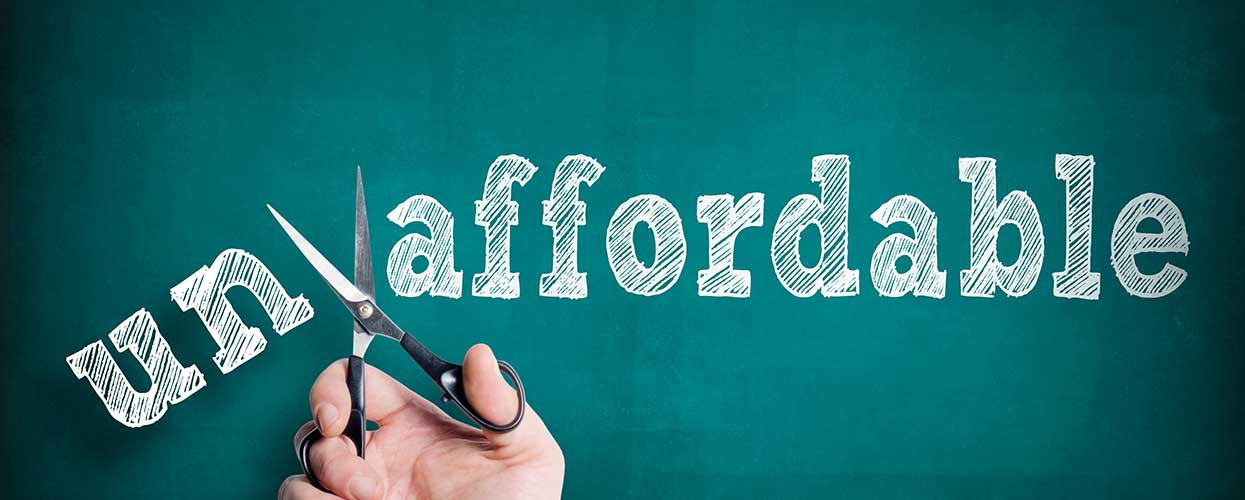
#1 Don’t Overestimate What You Can Afford

#2 Don’t Get Emotionally Invested
Finding the perfect home can make it hard not to become emotionally attached. Depending on the season and market conditions, there might be competing offers, or issues such as a problematic home inspection could cause your offer to fall through. Approach the home-buying process with high intention but low attachment to maintain your spirits during the search.

#3 Don’t Make Any Large Purchases

#4 Don’t Deposit or Withdraw Large Amounts of Cash

#5 Don’t Apply for More Credit
Your mortgage approval largely depends on your savings and income. Any additional debt could reduce your approved loan amount, so avoid applying for new credit lines.

#6 Don’t Co-Sign a Loan
While co-signing a loan for a friend or family member may seem harmless, it could jeopardize your mortgage approval. If they default, you become responsible for their payments, impacting your ability to manage your own mortgage. Protect your financial interests by avoiding co-signing commitments.

#7 Don’t Finance New Purchases
New home purchases often come with the desire for new appliances, furniture, or electronics. However, financing items before or during your mortgage application process can be detrimental. Focus on securing the property first, ensuring you can afford it before making additional purchases.

#8 Don’t Change Jobs, Leave a Job, or Start a Business
Your financial stability is a key factor for mortgage lenders. Quitting, switching jobs, or starting a new business can increase your perceived risk to lenders. If you’re considering a career change or business venture, wait until after the property is secured. Naturally, avoid getting fired during this critical period.

#9 Don’t Miss Loan Payments
If you have existing loans, it’s crucial to maintain timely payments. A good credit score suggests reliability, but even an honest mistake, like a missed payment due to travel or illness, can significantly impact your score. A 30-day missed payment could lower your credit by more than 100 points. Stay vigilant with your finances, especially when your credit score affects your mortgage pre-approval.

#10 Don’t Switch Banks
Switching banks may seem minor, but it can complicate your mortgage pre-approval process. Banks often require at least 60 days of transaction history and account balances. Stick with your current bank to avoid unnecessary complications.
Conclusion



